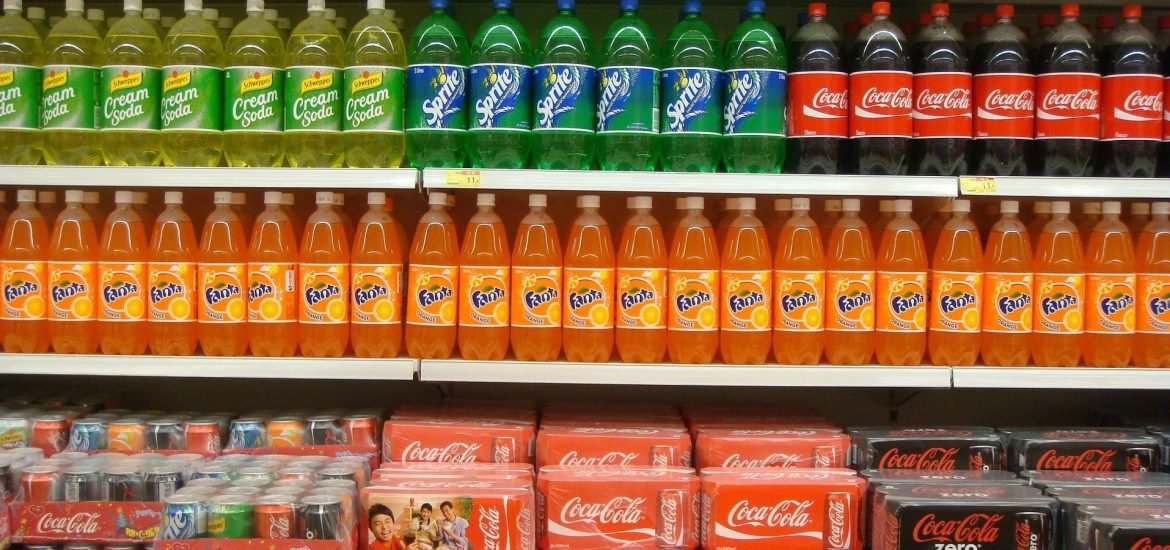
The United Kingdom’s new tax on sugary drinks came into effect on Friday, but residents remain divided about the tax’s impact. While many proponents of the so-called sugar tax have already hailed it as a success, critics have raised doubts that the levy will reduce sugar consumption and related health problems.
Excessive sugar consumption is linked to a variety of health problems, including growing obesity rates, type 2 diabetes, heart disease and some cancers.
The tax requires beverage companies to pay 18 pence a litre on drinks that have more than five grams of sugar per 100 millilitres and 24 pence a litre on those that have eight grams or more of sugar per 100 millilitres. Funds raised from the tax, estimated at around £520 million, will go to the Department for Education, where they will be put towards sports in primary schools.
Among the drinks that will increase in cost due to the new tax are Coca-Cola, 7Up, Pepsi and Britvic Indian Tonic Water. The cost of a standard can of Coca-Cola, for example, will increase by eight pence. Fruit juices, as well as sugar-free versions of soft drinks, including Diet Coke and Coke Zero, will not be subject to the tax.
Before the sugar tax took effect, some brands, such as Nestle UK’s San Pellegrino and Coca-Cola’s Fanta, decided to alter their recipes and reduce the amount of sugar in their beverages to avoid the tax. Since the levy was announced in March 2016, the British Treasury estimates that more than half of soft drinks manufacturers have cut the amount of sugar in their drinks.
Although many health campaigners have welcomed these changes, opinions remain divided over whether the tax will reduce sugar consumption and improve citizens’ health. New research has yielded varying results regarding the health impacts of these types of taxes. Some studies show taxing products such as soda and alcohol can encourage consumers to make healthier decisions, while others show that consumers who already have unhealthy habits or diets are unlikely to change them.
A new study from The Lancet medical journal found that taxes on unhealthy products can encourage healthier behaviours “without disproportionately harming the poor,” Bloomberg reports.
The Guardian reports, however, that a group of economists at the Institute for Fiscal Studies in London found the tax would likely reduce sugar consumption among young people, but not among consumers who already have a high-sugar diet. In Britain, 94% of individuals exceed World Health Organisation recommendations regarding added sugar consumption, according to the economists.
“Our results show that young consumers would lower their sugar consumption by more than older individuals in response to a soda tax,” according to the study. “The tax, therefore, succeeds in achieving relatively large reductions in sugar among one group.”
The study notes, however, that “those with high-sugar diets are relatively price inelastic and therefore fail to lower their sugar consumption in response to the tax by more than more moderate sugar consumers.”
If successful, the UK sugar tax could become a model for other countries seeking to reduce sugar consumption. Elsewhere in Europe, Hungary and France have implemented drinks taxes, while Norway and Finland have a tax on chocolate.